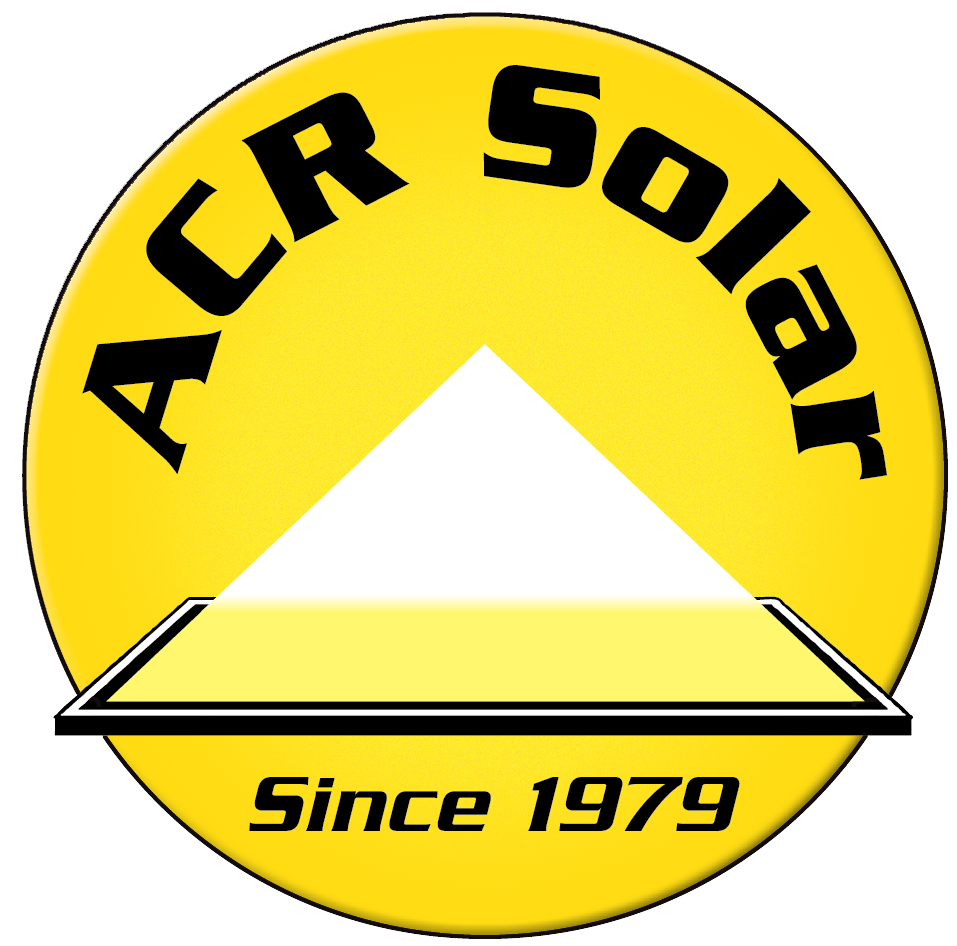If you’re a homeowner, builder, architect, or simply a Californian interested in energy efficiency and sustainable living, understanding Title 24 is essential. This article sheds light on what Title 24 is, why it was implemented in California, and its broader implications, especially focusing on the roofing and solar sectors. By diving into this piece, you’ll gain valuable insights into how Title 24 is reshaping the housing and energy landscape of California.
Understanding Title 24: Its Core and Components Title 24, commonly known as the California Building Standards Code, is a broad set of requirements that govern the design and construction of buildings in California. Its aim? Ensuring energy efficiency and reducing greenhouse gas emissions. Adopted by the California Building Standards Commission, this set of regulations applies to the structural, electrical, mechanical, and plumbing systems of buildings, but for the purpose of our discussion, we’ll be honing in on energy efficiency related to roofing and solar.
- Roofing: Under Title 24, roofs are more than just sheltering canopies. They play a critical role in maintaining a building’s energy efficiency. The Code necessitates roofing materials to possess certain thermal properties, such as reflectivity and emissivity. This means that roofs must be able to reflect sunlight to reduce heat absorption and efficiently emit any absorbed heat, minimizing the need for air conditioning during hot Californian summers. Cool roofs, which use highly reflective materials, are often recommended to meet these standards.
- Solar: Title 24 has been pivotal in advancing solar adoption across California. Recent updates to the Code have mandated solar panel installations for new residential constructions. This is a significant stride towards ensuring homes are more energy-independent, leveraging California’s abundant sunlight. By pushing for solar, Title 24 aims to reduce reliance on non-renewable energy sources, paving the way for a greener future. Additionally, solar-ready zones are emphasized, ensuring spaces are allocated and prepared for future solar installations, even if they aren’t immediately installed.
The Rationale Behind Title 24: California’s Vision for a Sustainable Future California, being at the forefront of environmental initiatives, recognized early on the challenges posed by climate change. The increasing energy demands of a growing population, coupled with environmental concerns, necessitated actionable solutions. Enter Title 24.
- Addressing the Energy Crisis: The 1970s saw California grappling with an energy crisis. Title 24 was initially introduced in 1978 as a response to this. By ensuring buildings were designed to be energy-efficient from the get-go, the state aimed to curb its increasing energy consumption rates.
- Combatting Climate Change: As the ramifications of global warming became more apparent, the scope of Title 24 expanded. The Code began integrating standards that reduced greenhouse gas emissions, aligning with California’s broader goals of environmental conservation.
- Economic Implications: Energy-efficient homes and buildings aren’t just good for the planet; they’re beneficial for the wallet too. Reduced energy consumption means lower utility bills. Over time, this can lead to significant savings for homeowners and businesses alike. Furthermore, by pushing for solar adoption, homeowners can sometimes generate excess energy, which can be fed back into the grid, leading to potential monetary incentives.
In essence, Title 24 was implemented not just as a regulatory measure but as a visionary step. It represents California’s commitment to sustainability, a healthier environment, and a future where energy is clean, renewable, and accessible.
In conclusion, Title 24 is much more than a set of building regulations. It’s a reflection of California’s dedication to forging a sustainable path forward, especially in the realms of roofing and solar. As we move towards a future where the challenges posed by climate change are ever-present, understanding, and adhering to standards like Title 24 will be vital for creating a resilient and sustainable living environment.
